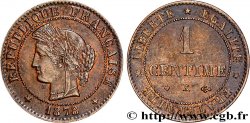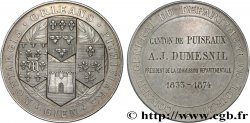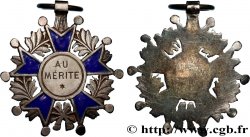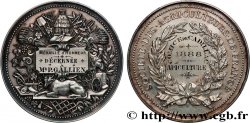fme_412580 - III REPUBLIC Médaille en souvenir de Gustave Flourens
Not available.
Item sold on our e-shop (2018)
Price : 100.00 €
Item sold on our e-shop (2018)
Price : 100.00 €
Type : Médaille en souvenir de Gustave Flourens
Date: 1871
Mint name / Town : 75 - Paris
Metal : gilt tin
Diameter : 46 mm
Orientation dies : 12 h.
Weight : 43 g.
Edge : lisse
Coments on the condition:
Médaille intéressante, avec de petits défauts de surface (petits écrasement) mais un bel aspect avec une dorure bien conservée
Obverse
Obverse legend : RÉPUBLIQUE FRANÇAISE.
Obverse description : Écu curonné de la ville de Paris, dans une couronne de chêne ; ruban inscrit au-dessus.
Reverse
Reverse legend : LA NUIT DU 21 JANVR / LES PORTES / DE MAZAS SONT FORCÉES / ET LE MAJOR FLOURENS / EST DÉLIVRÉ DE SA PRISON / AVEC SES CO-DÉTENUS / ILS ONT ESSAYÉ DE FORMER / UN COMITÉ DE SALUT PUBLIC / DANS LA MAIRIE / DU 20ME ARRONDT.
Reverse description : Légende en 10 lignes horizontales.
Commentary
La Commune de Paris est une période insurrectionnelle de l'histoire de Paris qui dura un peu plus de deux mois, du 18 mars 1871 à la « Semaine sanglante » du 21 au 28 mai 1871. Cette insurrection contre le Gouvernement, issu de l'Assemblée nationale qui venait d'être élue au suffrage universel, ébaucha pour la ville une organisation proche de l'autogestion. Elle est en partie une réaction à la défaite française de la guerre franco-prussienne de 1870 et à la capitulation de Paris.
Gustave Flourens est un universitaire et homme politique français né en 1838 à Paris et tué par les soldats versaillais à Rueil-Malmaison (et non à Chatou) en avril 1871. C'est une personnalité de la Commune de Paris.
Gustave Flourens est à Paris, très actif, pendant le siège, notamment le 31 octobre. Avec les bataillons de Belleville de la Garde nationale, il occupe l’Hôtel de Ville. Une véritable duperie permet au gouvernement de se rétablir. Gustave Flourens est emprisonné à Mazas le 7 décembre 1870. Il est libéré par Cipriani dans la nuit du 20 au 21 janvier, mais condamné à mort par contumace le 11 mars 1871 (il est caché, à Belleville). Il est élu à la Commune le 26 mars par le dix-neuvième et le vingtième arrondissements..
Gustave Flourens est un universitaire et homme politique français né en 1838 à Paris et tué par les soldats versaillais à Rueil-Malmaison (et non à Chatou) en avril 1871. C'est une personnalité de la Commune de Paris.
Gustave Flourens est à Paris, très actif, pendant le siège, notamment le 31 octobre. Avec les bataillons de Belleville de la Garde nationale, il occupe l’Hôtel de Ville. Une véritable duperie permet au gouvernement de se rétablir. Gustave Flourens est emprisonné à Mazas le 7 décembre 1870. Il est libéré par Cipriani dans la nuit du 20 au 21 janvier, mais condamné à mort par contumace le 11 mars 1871 (il est caché, à Belleville). Il est élu à la Commune le 26 mars par le dix-neuvième et le vingtième arrondissements..







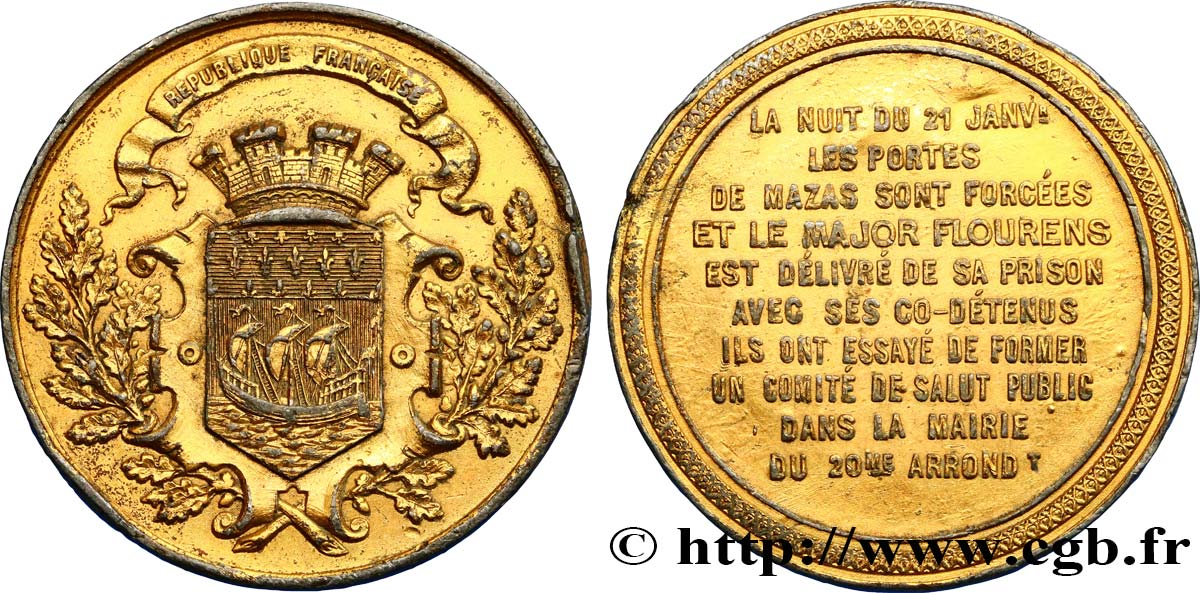
 Report a mistake
Report a mistake Print the page
Print the page Share my selection
Share my selection Ask a question
Ask a question Consign / sell
Consign / sell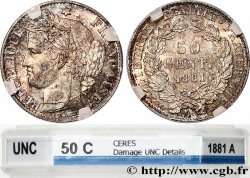
 Full data
Full data